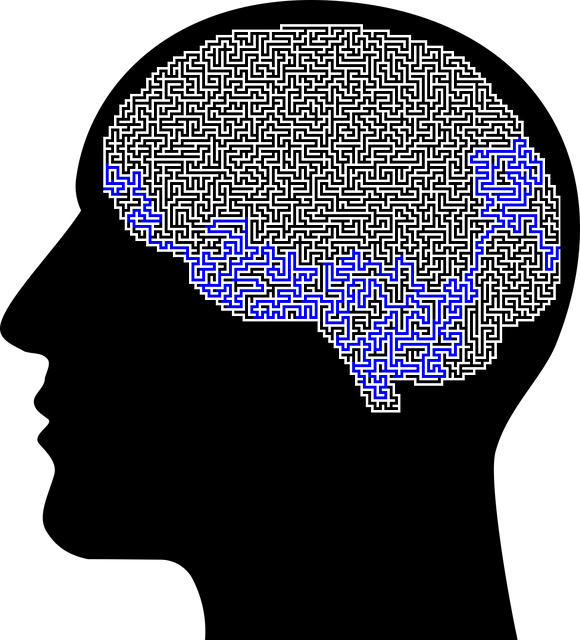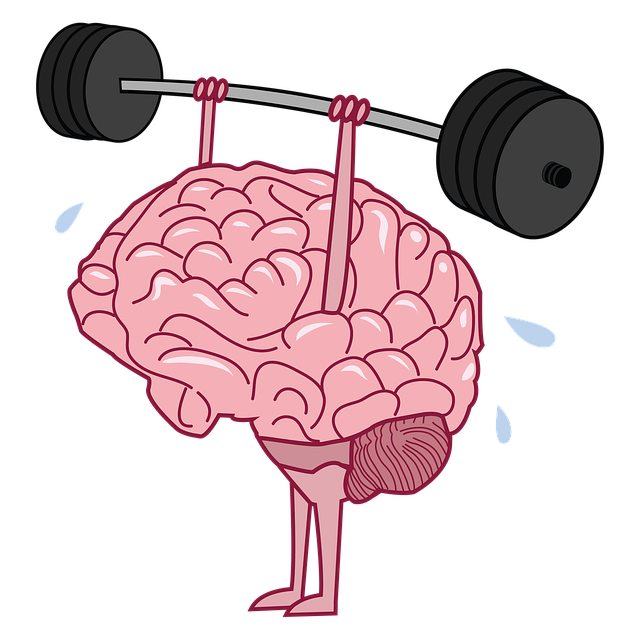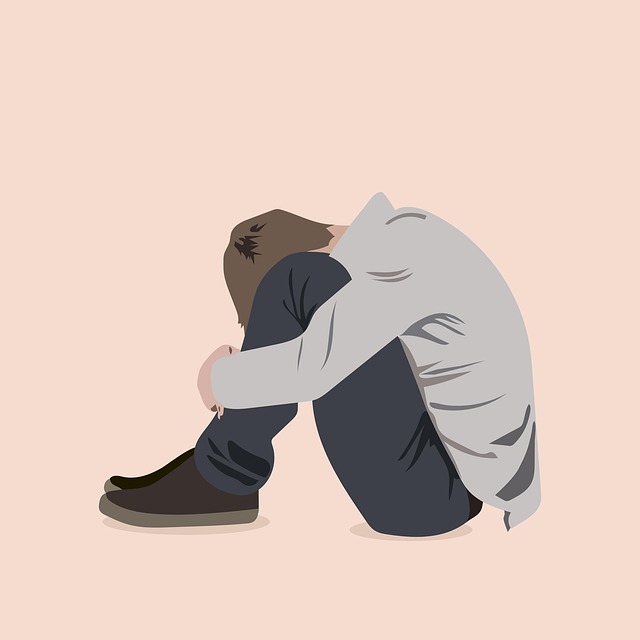Depression, a common but serious mental health issue, can be mitigated through early recognition of signs like persistent sadness, appetite changes, and sleep disturbances. Castle Rock Anger Management Therapy provides tailored services focusing on positive thinking and coping strategies to empower individuals in managing and preventing depression by addressing underlying emotional and behavioral issues. Adopting healthy habits, including regular exercise, balanced diet, mindfulness, and stress management, is vital for mental well-being. Building resilience through techniques like journaling and professional coaching from Castle Rock Anger Management Therapy reduces the impact of stressors and promotes proactive self-care, making it key in depression prevention and long-term mental health care.
Depression is a prevalent and serious mental health issue, but prevention is key. This comprehensive guide explores various strategies to safeguard your mental well-being. We delve into understanding the signs of depression, highlighting its impact on daily life. The article introduces Castle Rock Anger Management Therapy as an innovative approach, offering evidence-based techniques for emotional control. Additionally, it provides lifestyle changes, resilience-building tips, and early intervention advice. By combining these strategies with professional support when needed, individuals can effectively manage and prevent depressive episodes.
- Understanding Depression: Signs and Symptoms
- The Role of Castle Rock Anger Management Therapy
- Lifestyle Changes for a Happier Mindset
- Building Resilience: Coping Strategies for Daily Life
- When to Seek Professional Help: Early Intervention Tips
Understanding Depression: Signs and Symptoms

Depression is a common yet serious mental health disorder that significantly impacts an individual’s daily functioning and overall well-being. Recognizing the signs and symptoms is the first step in prevention and early intervention. It often presents as persistent feelings of sadness, loss of interest in activities once enjoyed, changes in appetite and sleep patterns, fatigue, difficulty concentrating, and in some cases, intense anger or irritability.
At Castle Rock Anger Management Therapy, we understand that these symptoms can vary widely from person to person. Our specialized services cater to individuals seeking support for their mental wellness, focusing on programs designed to foster positive thinking and coping strategies. By addressing underlying issues through personalized therapy and coaching, our goal is to empower individuals to take control of their mental health and prevent the onset or escalation of depression.
The Role of Castle Rock Anger Management Therapy

Castle Rock Anger Management Therapy plays a crucial role in depression prevention by addressing underlying emotional and behavioral issues that can contribute to low mood and increased irritability. This therapy approach focuses on teaching individuals effective anger management strategies, helping them to respond rather than react to stressful situations. By learning to control their emotions, individuals can mitigate the risk of burnout prevention and improve their overall mood management skills.
Incorporating compassion cultivation practices into Castle Rock Anger Management Therapy further enhances its benefits. Encouraging empathy and understanding towards oneself and others fosters a supportive inner environment, which is vital for maintaining mental well-being. These compassionate approaches not only reduce symptoms of depression but also promote resilience in navigating life’s challenges, thereby strengthening one’s ability to cope with stress and maintain a positive outlook.
Lifestyle Changes for a Happier Mindset

Adopting a healthy lifestyle is a powerful tool in preventing and managing depression. Regular physical activity releases endorphins, which act as natural mood lifters, helping to reduce symptoms of sadness and anxiety. Aim for at least 30 minutes of moderate exercise most days of the week—this could be anything from brisk walking or swimming to yoga or dancing. Additionally, prioritizing a balanced diet ensures your body receives the nutrients necessary for optimal brain function. Foods rich in omega-3 fatty acids, vitamins B and D, and magnesium have been linked to improved mood and emotional well-being.
Other lifestyle changes include cultivating healthy sleep habits, practicing mindfulness, and engaging in activities that bring joy. Managing stress effectively is key; techniques such as deep breathing, meditation, or even talking things through with a trusted friend can help reduce the impact of stressful events. If feelings of sadness or hopelessness persist, consider seeking professional help, like Castle Rock Anger Management Therapy or consulting your healthcare provider who may recommend specific emotional well-being promotion techniques tailored to individual needs, including Cultural Competency Training for enhanced care and support.
Building Resilience: Coping Strategies for Daily Life

Building resilience is a crucial aspect of depression prevention and managing mental illness. It involves developing coping strategies that can help individuals navigate life’s challenges with greater ease. Castle Rock Anger Management Therapy, for instance, offers effective techniques to manage anger and related emotions, which are common triggers for depressive episodes. By learning to identify and regulate these feelings, individuals can reduce the impact of stressful situations on their mental wellness.
Communication strategies play a significant role in fostering resilience. Expressing thoughts and feelings openly, whether through conversation or creative outlets like journaling, allows people to process and make sense of their emotions. A Mental Wellness Journaling Exercise Guidance, tailored to individual needs, can provide a safe space for reflection and self-discovery. This practice encourages individuals to track moods, identify triggers, and develop personal coping mechanisms, ultimately contributing to the reduction of mental illness stigma through proactive self-care.
When to Seek Professional Help: Early Intervention Tips

If you’re noticing persistent feelings of sadness, hopelessness, or loss of interest in activities that once brought joy, it’s crucial to recognize when to seek professional help. Early intervention for depression can be a game-changer, preventing symptoms from worsening and setting the foundation for long-term mental wellness. At Castle Rock Anger Management Therapy, we understand the importance of addressing depression proactively. Our experienced therapists are dedicated to guiding individuals towards inner strength development and coping skills development through personalized Mental Wellness Coaching Programs Development.
Recognizing the signs is the first step; seeking support from professionals like those at Castle Rock Anger Management Therapy is the next. This proactive approach allows for a more effective navigation of depressive episodes, fostering resilience and promoting healthy coping mechanisms. By engaging in therapy, individuals can learn to identify triggers, develop strategies to manage stress, and cultivate a deeper understanding of their emotional well-being, ultimately enhancing their overall mental wellness.
Depression prevention is a multifaceted approach, and by combining understanding with proactive strategies, individuals can better navigate their mental health. From recognizing signs early on to adopting lifestyle changes and building resilience, there are effective ways to foster a happier mindset. Incorporating Castle Rock Anger Management Therapy into this mix has proven beneficial for many, offering specialized tools to manage anger and reduce depression symptoms. Remember, seeking professional help is never a sign of weakness but rather a courageous step towards healing. With the right strategies in place, individuals can empower themselves to lead fulfilling lives free from depression’s grasp.









